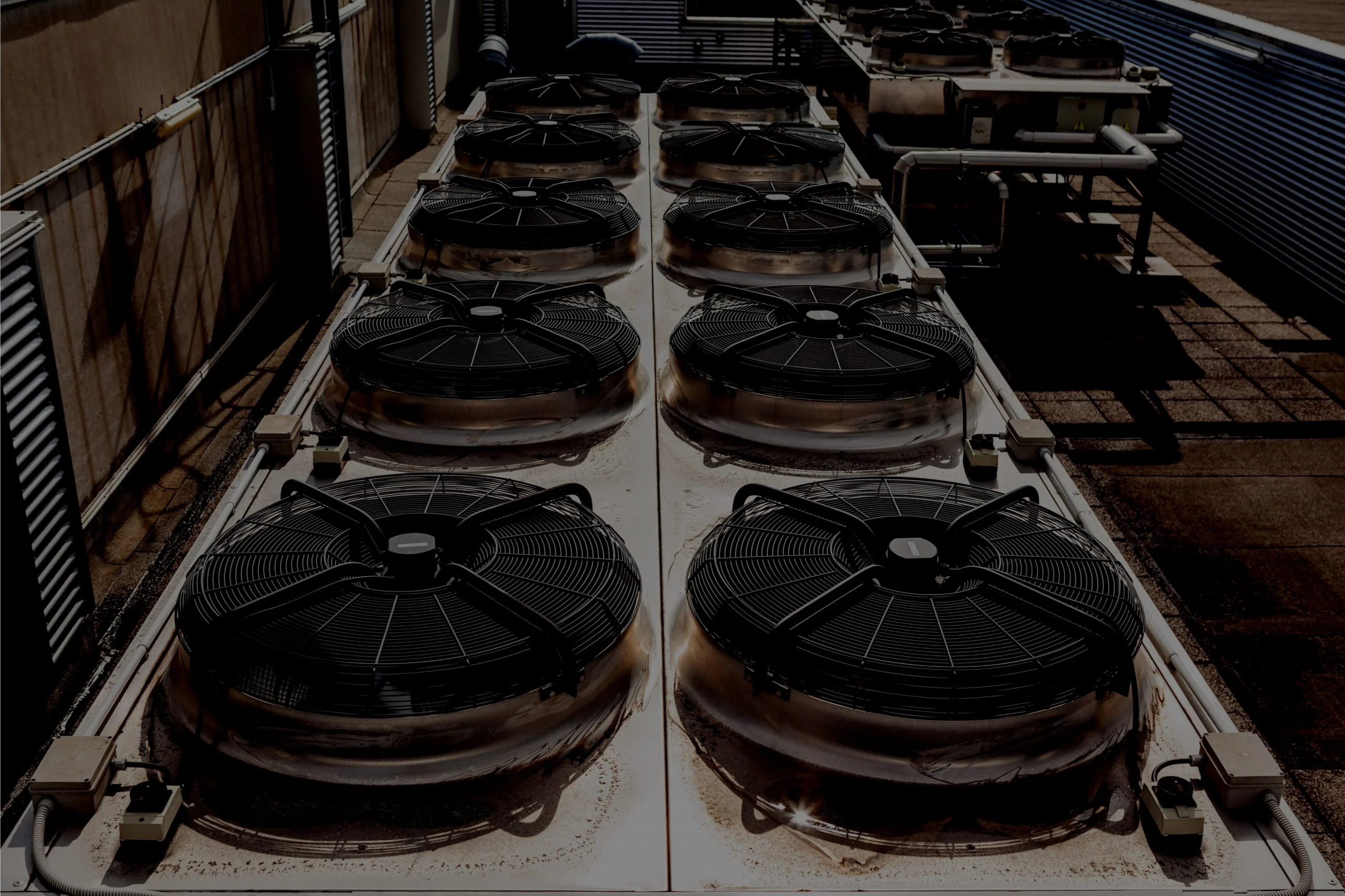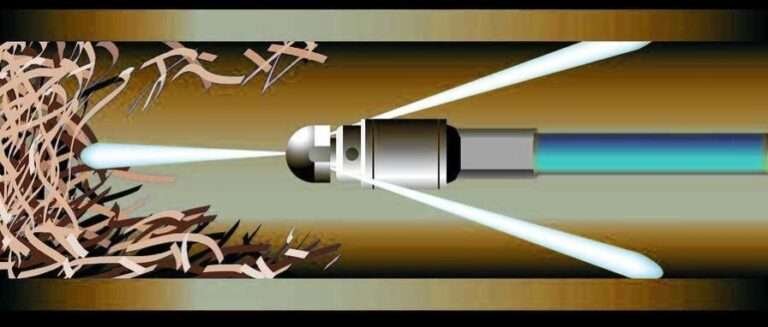How to Get the Most Value from an HVAC Maintenance Contract
Investing in an HVAC maintenance contract is a smart move for keeping your heating and cooling system in top condition. However, not all HVAC contracts are created equal, and understanding how to choose and use your contract effectively can make a big difference. Here’s a guide on getting the most value from an HVAC maintenance contract.
1. Understand the Basics of an HVAC Maintenance Contract
- What It Covers: A typical HVAC maintenance contract includes routine services like inspection, cleaning, and minor repairs for your heating and cooling system. It may also offer priority service and discounts on parts and labor if repairs are needed.
- Why It’s Worth It: A maintenance contract ensures regular check-ups, which can detect issues early before they turn into expensive repairs. Regular maintenance also helps your system run more efficiently, reducing energy costs and extending its lifespan.
Tip: Make sure you understand exactly what services are covered in the contract. Some contracts cover only basic maintenance, while HVAC contractors in Long Island offer comprehensive care, including priority service and emergency calls.
2. Choose the Right Contract for Your System’s Needs
- Consider Your System Type and Age: The type and age of your HVAC system impact the kind of maintenance it needs. Newer systems may only need basic check-ups, while older systems could benefit from more extensive coverage.
- Seasonal Maintenance vs. Comprehensive Plans: Some contracts offer seasonal maintenance (usually twice a year), while others cover the entire year with additional perks. Choose a contract that matches your system’s needs and your budget.
Tip: If you have a complex HVAC system (e.g., a multi-zone system or one with advanced features), consider a contract that offers specialized maintenance for these features to keep them running smoothly.
3. Review Included Services and Frequency of Visits
- Typical Services in Maintenance Contracts: Standard services include checking refrigerant levels, cleaning filters, inspecting electrical connections, and testing system performance. Higher-tier contracts may also include deep cleaning, duct inspection, and calibration of thermostats.
- Frequency of Visits: Most contracts provide biannual visits (spring and fall) to ensure your system is ready for the peak heating and cooling seasons. Some contracts offer quarterly visits, which may be beneficial for homes in extreme climates or with high usage.
Tip: Ensure the contract includes at least two visits per year. These routine check-ups are critical for preparing your system for seasonal changes and addressing potential issues proactively.
4. Look for Added Perks That Offer Extra Value
- Priority Service: Many HVAC contracts include priority service, which means you’ll be at the top of the list during busy seasons. This is especially valuable if you live in an area where HVAC contractors are in high demand during peak months.
- Discounts on Repairs and Parts: Some contracts offer discounted rates on repairs, parts, or even new system installations. These discounts can help you save money over time, especially if your system requires unexpected repairs.
- Emergency Service Calls: Certain contracts include emergency service at no additional cost or a reduced rate. This can be a lifesaver if your system breaks down in extreme weather.
Tip: When comparing contracts, consider the value of these added perks. Priority and emergency services are especially valuable if you want peace of mind during peak heating or cooling seasons.
5. Take Advantage of Energy Efficiency Benefits
- Improved Efficiency: Regular maintenance improves the efficiency of your HVAC system, which can lead to lower energy bills. During routine visits, technicians will check and clean components, helping your system run more smoothly.
- Lower Environmental Impact: An efficient HVAC system uses less energy, reducing your carbon footprint. This can be a major benefit if you’re environmentally conscious or aiming to lower your home’s energy consumption.
Tip: Ask your technician for energy-saving tips specific to your system. They may recommend simple changes, like adjusting your thermostat settings, that can further boost efficiency.
Conclusion
An HVAC maintenance contract is a valuable investment that can improve your system’s efficiency, extend its lifespan, and give you peace of mind. By choosing the right contract, understanding the services covered, and taking simple steps to maintain your system, you can maximize the benefits of your maintenance plan. With proactive care and regular check-ups, your HVAC system will remain reliable, efficient, and ready to keep your home comfortable all year round.
FAQs
Is an HVAC maintenance contract worth it for newer systems?
Yes, regular maintenance is essential even for newer systems. It can help detect any early issues, maintain efficiency, and is often required to keep warranties valid.
What happens if I skip an HVAC maintenance visit?
Skipping maintenance can lead to increased wear, decreased efficiency, and higher energy costs. It may also void warranties if regular maintenance is required.
Can I customize an HVAC maintenance contract?
Many companies offer customizable contracts that allow you to add services based on your specific needs, which can be beneficial if your system requires specialized care.
How does a maintenance contract save money in the long run?
Regular maintenance prevents major issues, improves efficiency, and can reduce the need for expensive repairs, saving you money on both energy bills and emergency repairs.






